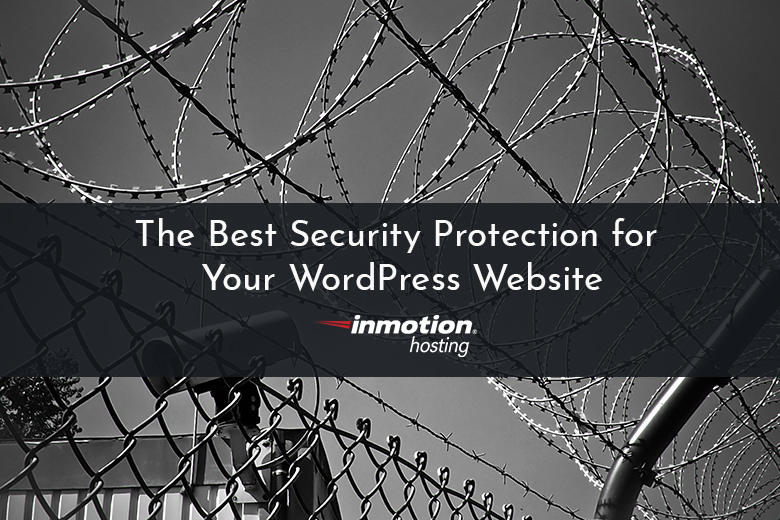
If you go online and read the news, chances are you have probably seen an article about some website or retailer being hacked and having data stolen. In the current climate, you can be sure that you will face a hack attempt at some point during your website’s lifespan.
In order to combat this, it’s important to use every weapon in your arsenal to protect your website. If you have WordPress website hosting, here’s how to go beyond the simple password to protect your website:
Two-Factor Authentication
Two-factor authentication is security that goes beyond just using a password. With two-factor authentication, you enter your password as normal, but then you are asked to take one more step to verify your identity. This second step usually comes in the form of a text or email verification code sent to your phone number or email address that you have on file with the account.
Even if a hacker steals your password, they won’t have access to your phone or email to intercept this message and break into your account. Learn how to enable two-factor authentication.
Change the Admin URL
When you set up your website, your admin login address is set by default to yourwebsite.com/wp-admin. You can make it difficult for hackers to even find your admin URL by changing the address just slightly or to something totally different. Learn how to change this with a handy plugin.
Strong Passwords for EVERYONE
If you have others users on your website, make sure that they have strong passwords that are independent of yours. (There should never be one password for everyone to log in!) These passwords need to be a mixture of random numbers, letters, and characters and should include a blend of lowercase and capital letters. None of these should be words or phrases that could be guessed by hackers.
Limit the Logins
Hackers can use what is called a brute force attack to gain access to your site. This means that they try a password, find that it is incorrect, and then try again and again and again until they find the right combination. (This is done with the use of an automatic app that generates password combinations repeatedly.) The way to prevent this is to limit how many logins can come from any specific IP address. This means that if they miss the password two or three times, then they are blocked from trying again.
Notification Plugins
There are numerous plugins on the WordPress market such as WordFence that can monitor your files and notify you if they are altered or tampered with. These types of plugins can inform you if a change is made so that you can then decide if it was done by you, someone on your team, or if an outside source is messing with your files.
A password is the oldest form of securing a website, but it should not be the only one that you use. By committing to these steps, you will ensure that your site is protected from hackers. Keep your website secure and running quickly with WordPress Hosting.